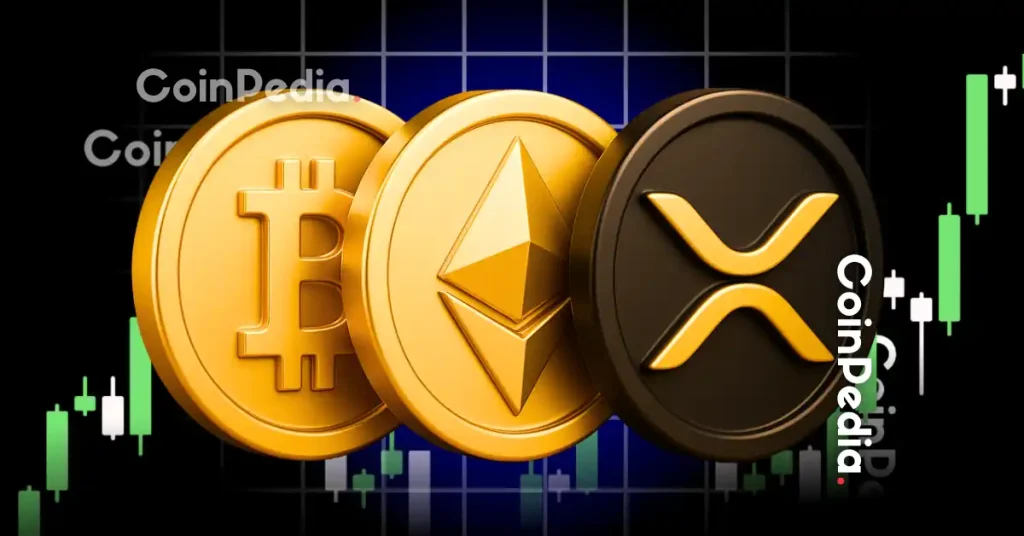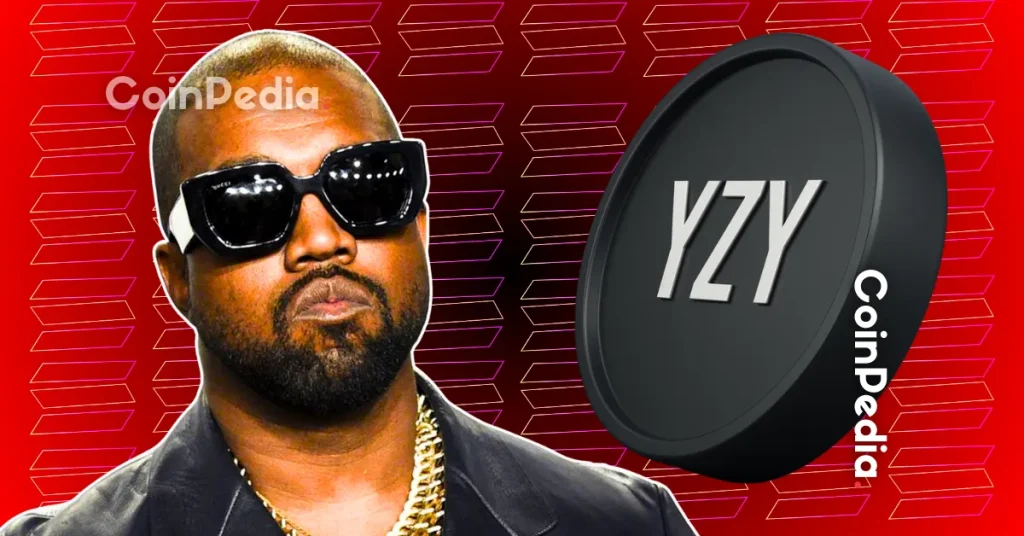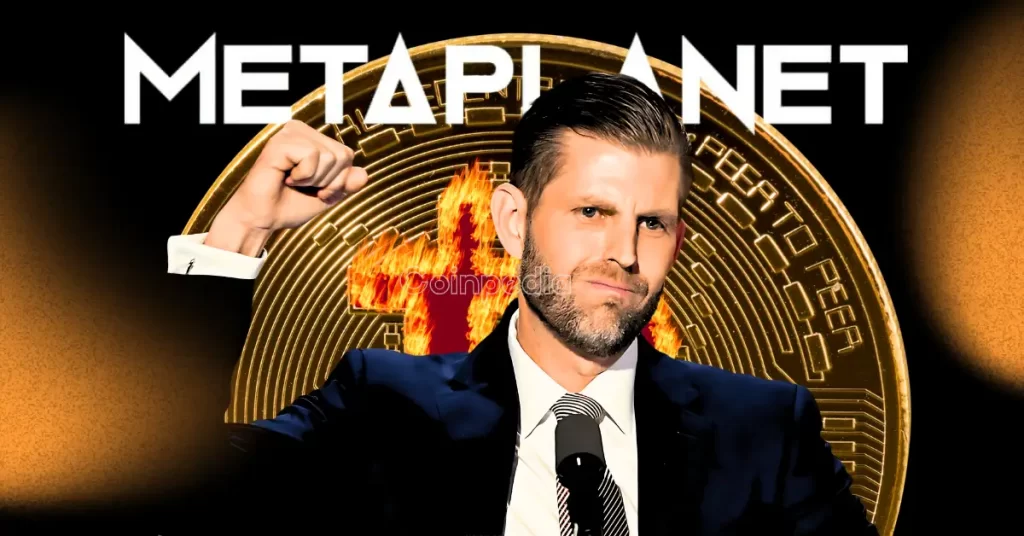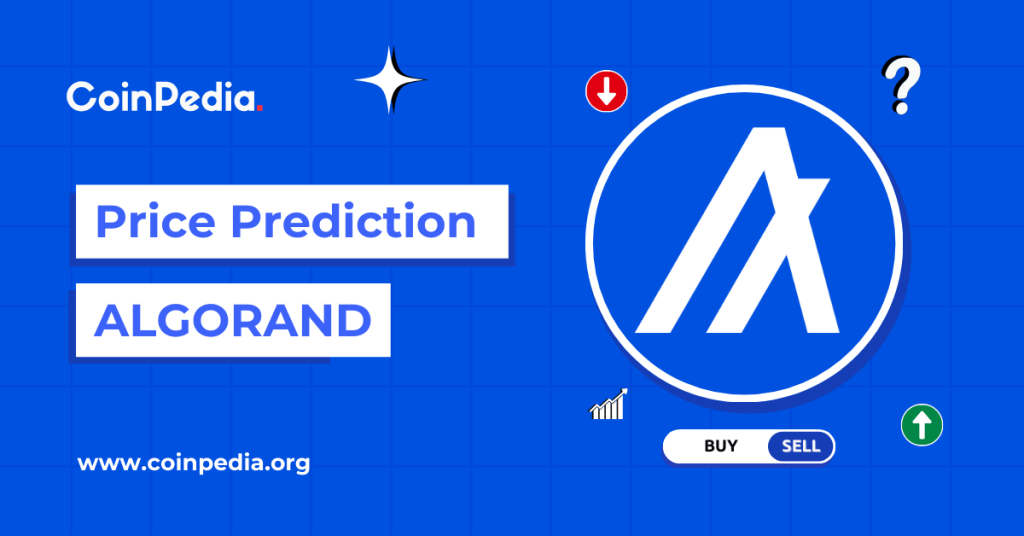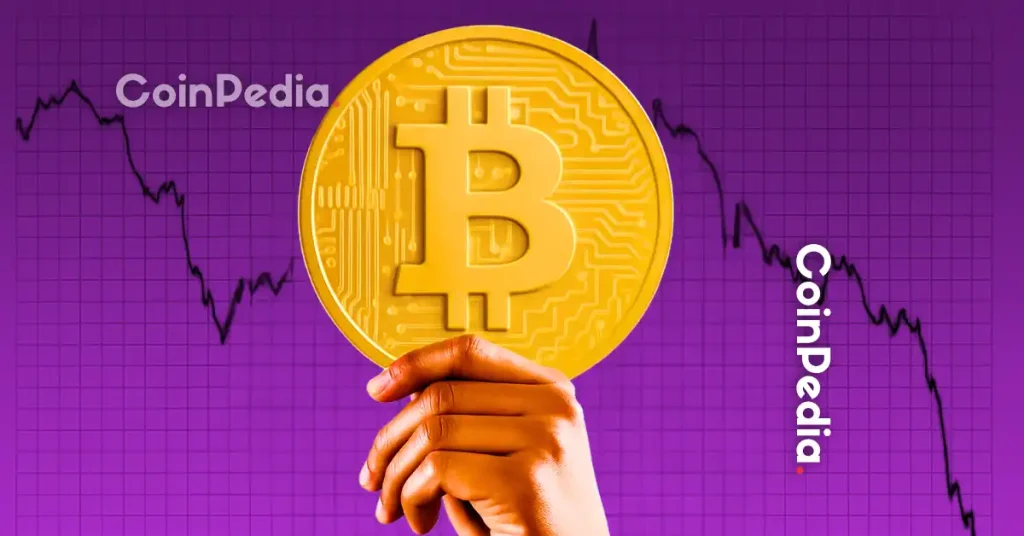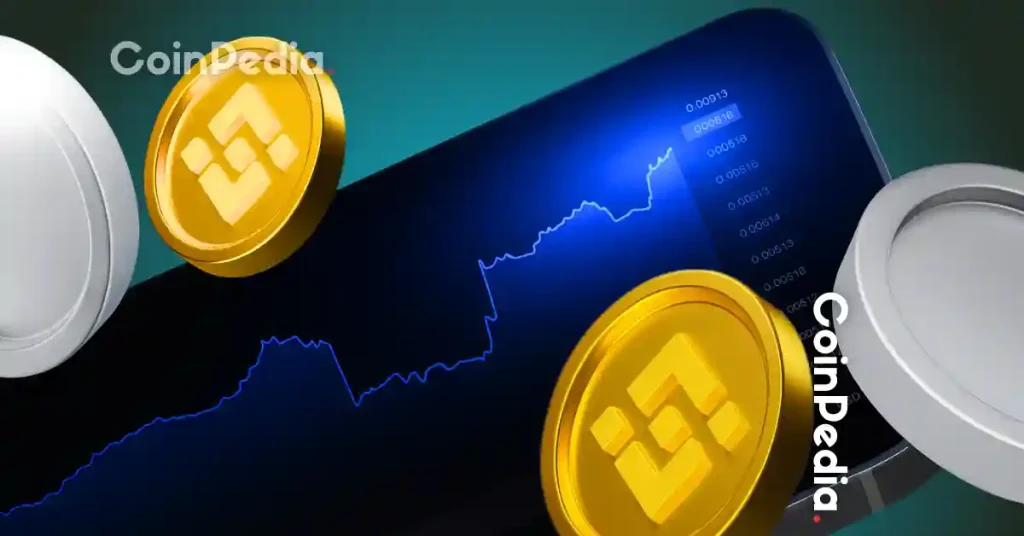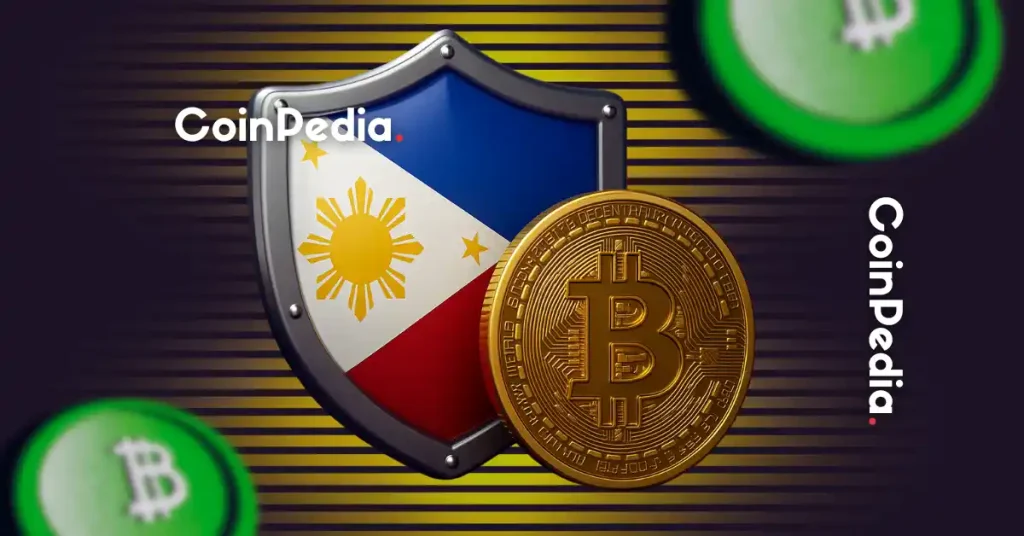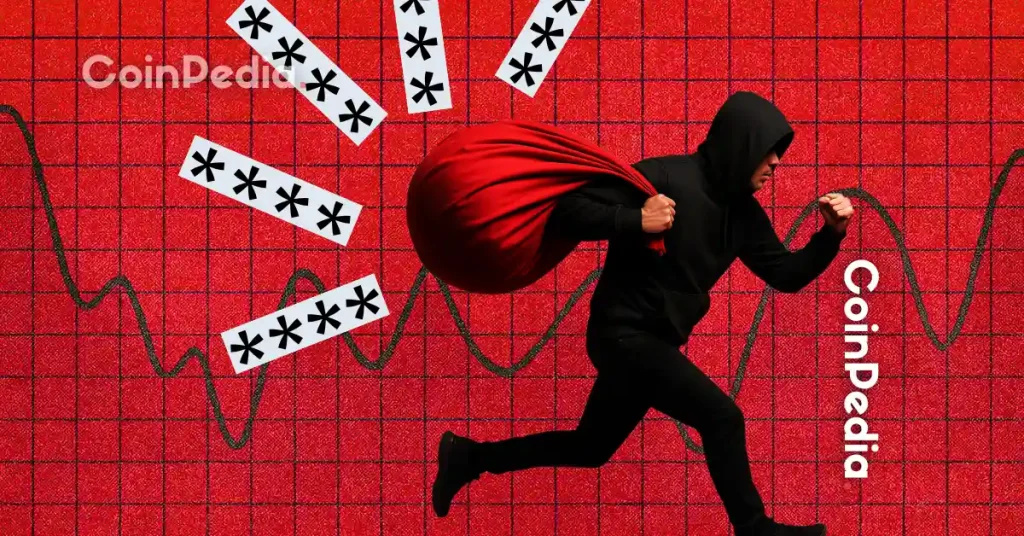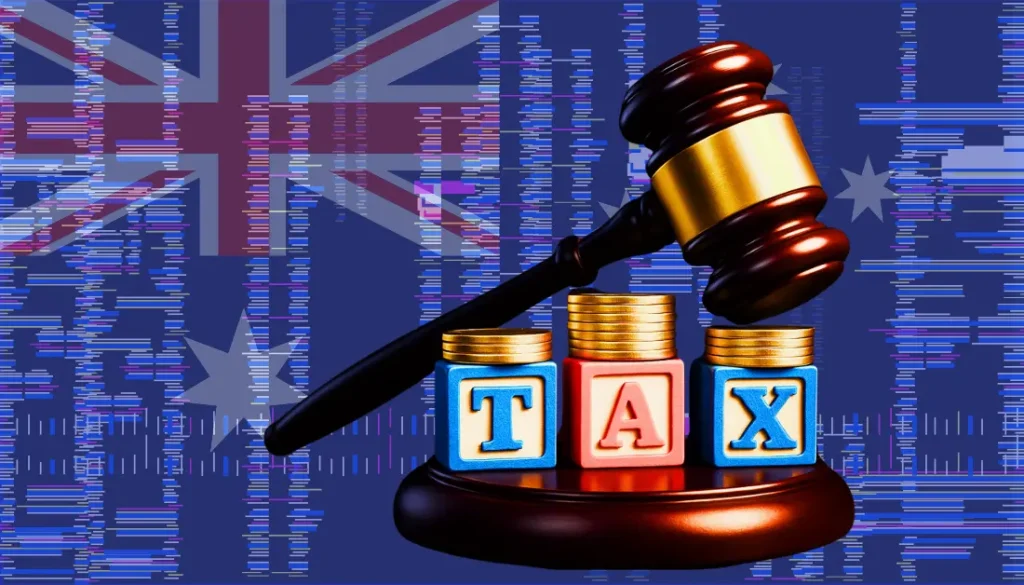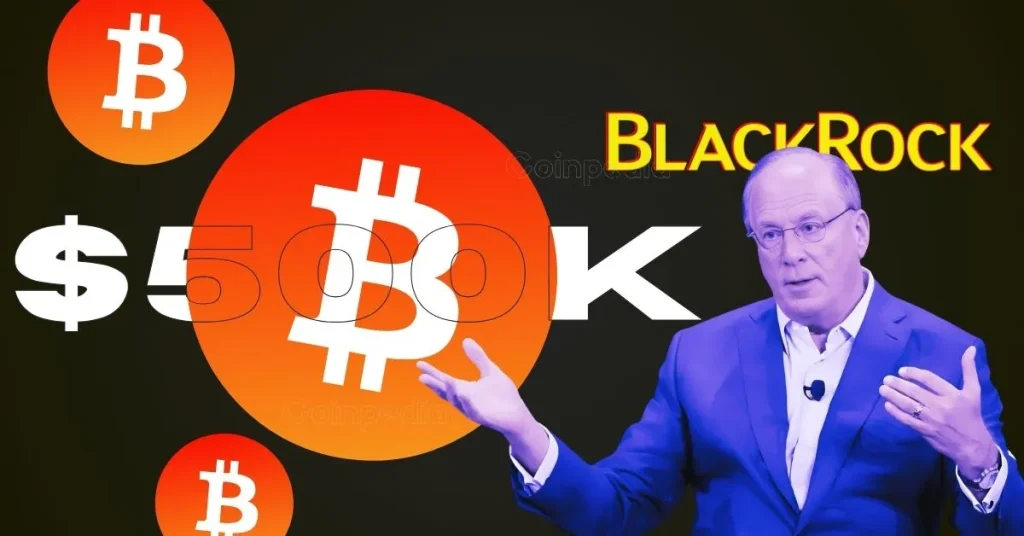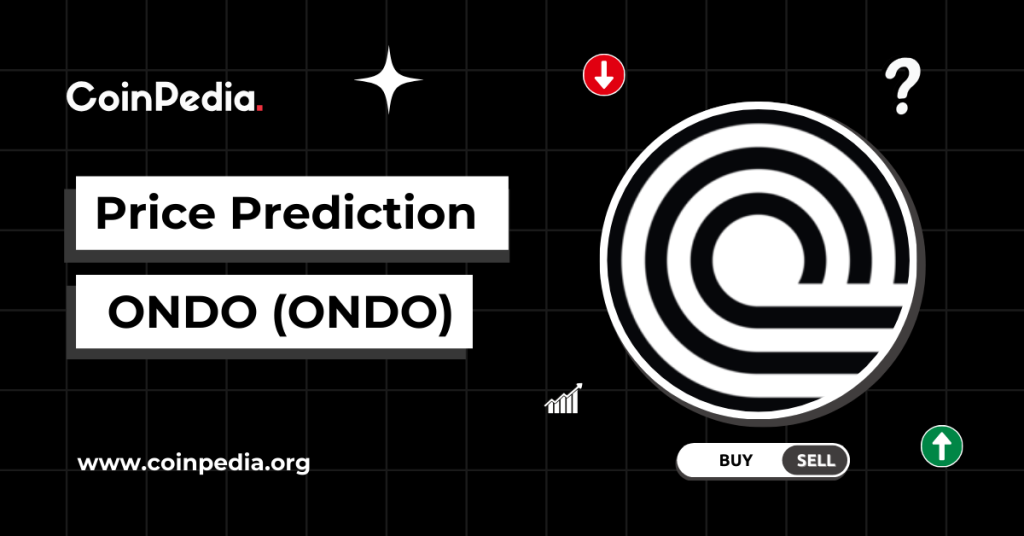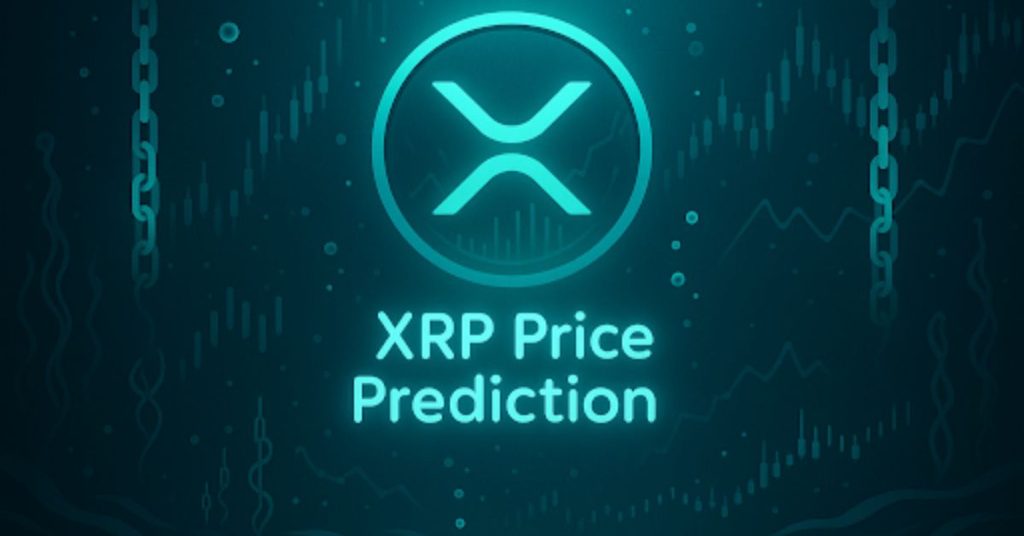

14 Best Decentralized Exchanges For 2024
Here is a list of the best Decentralized Exchanges (DEXs):
| Name of the DEX | Supported Blockchain Network | Trading Fee |
|---|---|---|
| 1. GMX | Arbitrum (Ethereum Layer 2) AVAX | 0.1% of the trading size |
| 2. Uniswap | Ethereum | Variable (0.05%, 0.3% or 1% of transaction value) |
| 3. Rango exchange | Best crypto bridge. 42+ blockchains supported | No fees – Associated DEX might charge a fees |
| 4. 1Inch Exchange | Ethereum Polygon Binance Smart Chain | 1Inch – No fee. Associated DEX may charge their fee. |
| 5. PancakeSwap | Binance Smart Chain | 0.2% of transaction value |
| 6. Curve.fi | Ethereum | 0.04% of transaction value |
| 7. Raydium | Solana | 0.25% of transaction value |
| 8. ApeX Pro | Multiple Blockchain | Popular perpetual decentralised exchange |
| 9. ParaSwap | Ethereum Polygon Binance Smart Chain | Paraswap – No fee. Associated DEX may charge their fee. |
| 10. Quickswap | Polygon | 0.3% of transaction value |
| 11. Balancer | Ethereum | Variable |
| 12. Bancor | Ethereum EOS | Variable |
| 13. THORSwap | Ethereum Bitcoin Bitcoin Cash Litecoin Binance Chain | Variable |
We are all paranoid about losing our cryptocurrencies to theft on centralized exchanges.
Aren’t we?
That fear makes us look for safer and more secure cryptocurrency exchanges.
Now, we all know that centralized cryptocurrency exchanges are good but not the best for safety. Moreover, incidents such as Mt. Gox hack and Bitfinex hack imbibe more fear.
Despite all, we were forced to use centralized exchanges in the past, which fundamentally violated the basic tenants of a decentralized crypto economy.
Yes, we were forced to use it because we didn’t have many options considering the decentralized cryptocurrency infrastructure and exchanges. Decentralized Finance (DeFi) changed it all.
- Best Cryptocurrency Exchanges In The World To Buy Any Altcoins
- Best Bitcoin Exchanges In The World For Trading Bitcoins
- A Beginner’s Guide to Decentralized Finance (DeFi)
That said, DeFi infrastructure is still at a very nascent stage. Once the decentralized infrastructure is ready in a full-fledged manner, it will breathe new life into the cryptosphere. People will be able to participate without worrying about the safety of their funds.
What more do we crypto enthusiasts need?
I have shed some light on why decentralized crypto exchanges will be the future.
You can read the full story here: Why Are Decentralized Exchanges The Future Of Cryptocurrencies?
In line with that, it becomes pronounced that we start looking for the best-decentralized cryptocurrency exchanges that can be used to trade in today’s day and time.
13 Best Decentralized Exchanges To Be Used Right Now
1. GMX Exchange
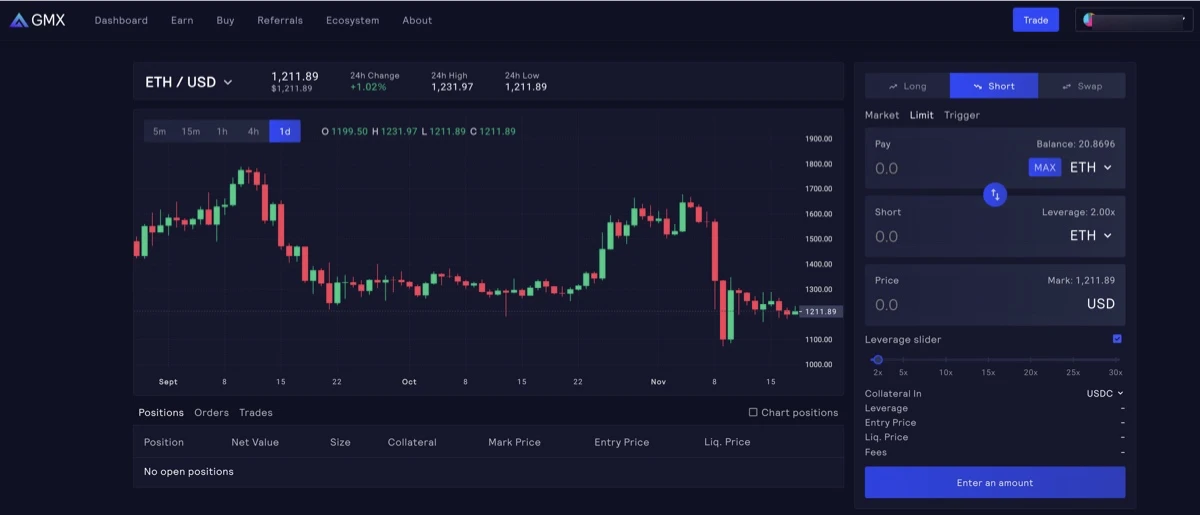
After the FTX downfall, many crypto traders moved to decentralized platforms for trading. GMX turned out to be one of those dex’s that is gaining popularity among the crypto traders. This is a spot and perpetual trading platform where you will have custody of your token.
You can also do leverage trading up to 30x, and the GMX platform works on Arbitrum one chain (a scaling solution for Ethereum) or AVAX C chain. There is a GMX referral code, “FOMO,” that you can use to save 5% on trading fees forever.
2. Uniswap – Top Dex by Volume & Trust

Uniswap is the most popular decentralized exchange in the Ethereum ecosystem. Using Uniswap, you can convert any ERC20 token to any other ERC20 token.
Due to the huge popularity of Uniswap, it has also become the first choice of place for many new Ethereum based project launchpads. Read: Uniswap exchange – Everything a beginner needs to know
Further, here is a video that explains everything you need to know about Uniswap.
On Uniswap you can also make money by becoming a liquidity provider. This is a great way to earn passive income from your crypto holding. Not only this, the platform also occasionally rewards the liquidity providers with its in-house tokens UNI. The process is known as Liquidity Mining. Read: Liquidity Pools Guide for Beginners.
Uniswap currently has two active versions V2 and V3. The trading fee on UniswapV2 is fixed, i.e., 0.3% of the transaction value. However, UniswapV3 has a variable fee structure of 0.05%, 0.3%, and 1%. This variable fee is decided by the liquidity providers of a specific liquidity pool. In addition to the trading fee, a trader needs to pay for the network’s gas fee.
Following is the list of wallets supported by Uniswap:
- Metamask
- Wallet Connect
- Coinbase Wallet
- Fortmatic
- Portis
You can refer to Uniswap’s trade statistics here.
3. Rango Exchange – Best Crypto bridge and aggregator

I’m starting this massive list of the best Dexes with an aggregator and also a crypto-bridge called Rango exchange. This is a multi-chain Dex aggregator; what that means for you is –
- You can do a cross-chain swap.
- You will get the best rates for the swap.
- Supports 42+ blockchains
- Support all popular crypto wallets
- No-KYC required
4. 1Inch Exchange – Popular Dex Aggregator

1Inchexchange is a popular aggregator of decentralized exchanges. It offers a swap feature, limit order feature, and also yield farming feature. You can connect your wallet to 1inchexchange and start using the platform without providing any personal info.
In August 2020, 1Inch got its seed funding worth $2.8 Million from Binance Labs. Further, in December 2020, it raised $12 Million from Pantera Capital.
The platform has better liquidity from an individual DEX as it fetches liquidity from several DEXs available in the market. In addition to this, it provides the most competitive price in the market. It simply divides a buy order and fulfills it from various available DEXs and liquidity pools.
The platform uses a mechanism called Chi token to reduce the cost of ETH Gas currently over the roof. The platform is one of the most popular DEX’s right now and something you should be using. 1Inch also offers a mobile app, which makes it easier for anyone to swap tokens with the comfort of a smartphone.
1Inch does not charge any trading, deposit, or withdrawal fee. However, the DEXs from which an order is fulfilled would charge their due fee.

Following is the list of blockchain networks and wallets supported by 1Inch Exchange:
| Supported Networks | Supported Wallets |
|---|---|
| Ethereum Polygon (earlier known as Matic) Binance Smart Chain (BSC) | Metamask Wallet Connect Coinbase Wallet BSC (Binance Smart Chain) Wallet Ledger Trezor 1Inch Wallet Connect Portis MEW Fortmatic Authereum Torus Bitski Arkane FunFair Wallet |
You can refer 1Inch Exchange’s trade statistics here.
5. PancakeSwap

PancakeSwap is the DEX developed on the Binance Smart Chain (BSC). In fact, it is the most popular project on the Binance Smart Chain, which offers many great features. You can swap tokens (BEP20 tokens), become a liquidity provider, or stake your LP tokens to farm new tokens.
When Ethereum gas fee is skyrocketing, BSC is another solution for efficient and affordable transactions. The trading fee on PancakeSwap is 0.2% of the transaction value. In addition to this, the trader would need to pay the respective network fee.
Pancakeswap also offers a native token called “CAKE” which has several use cases. Further, the value of CAKE has appreciated significantly in recent times.
Following is the list of wallets supported by PancakeSwap:
- Metamask
- Wallet Connect
- Trust Wallet
- Binance Chain Wallet
- Safepal Wallet
- Math Wallet
- Token Pocket
You can refer PancakeSwap’s trade statistics here.
6. Curve.fi

Curve Finance is another Ethereum based DEX in the top charts in terms of trading volume. The platform has recently integrated with Fantom and Polygon, which results in fast and cost-efficient transactions.
In addition to swaps, crypto-asset holders can make money by providing liquidity to the platform’s Curve Pools.
The platform is very upfront about the risks a user is exposed to while using the platform. Further, the platform’s code has already been audited twice.
The trading fee on the platform is 0.04% of the transaction value. Further, Curve Finance focuses more on minimizing slippage. Therefore, most of the trading volume consists of the trade of stablecoins.
The platform has an in-house governance token CRV that is used to make Curve a complete Decentralised Autonomous Organisation (DAO).
Following is the list of blockchain networks and wallets supported by Curve Finance:
| Supported Networks | Supported Wallets |
|---|---|
| Ethereum Fantom Polygon | Metamask Ledger Trezor Wallet Connect WalletLink Portis Fortmatic Authereum Torus Lattice Opera |
You can refer Curve.Finance trade statistics here.
7. Raydium – Solana DEX

This one is my favorite amongst the Best Decentralised Exchanges. Raydium is part of the Solana ecosystem and can be used to swap Solana ecosystem tokens in a decentralized manner. You can connect your favorite Solana wallet, and from here on you can start swapping your tokens.
The beauty of this platform is that it provides on-chain liquidity to a central order book. This means that users can see the order flow and liquidity of the whole ecosystem and not just their respective pool.
The trading fee charged by the platform is 0.25% of the transaction value. Out of this, 0.22% is distributed as rewards to liquidity providers, and the balance 0.03% is distributed as rewards for staking RAY token (in-house governance token of Raydium).
Further, the trading view interface allows a user to see charts and set a limit order. Thus, providing almost all features of a basic centralized exchange.
You can also become a liquidity provider and earn transaction fees from every swap in your pool. This is a great way to earn passive income. You can also stake Raydium token (RAY) on Raydium governance to earn a handsome staking reward.

Following is the list of wallets supported by Raydium:
- Ledger
- Sollet Extension
- Solong
- MathWallet
- Phantom
- Blocto
- Sollet
- Solflare
- Bonfida
You can refer Raydium trade statistics here.
8. ApeX Pro – Dex Trading Platform

Apex Pro is an emerging non-custodial, decentralized exchange that offers users a seamless and efficient trading experience through features like cross-margined perpetual contracts, up to 30x leverage trading, and instant trade settlement. Let’s take a look at some of the standout capabilities of this platform.
Key Features of ApeX Pro
- Permissionless Trading: Anyone can trade freely on Apex Pro without needing permission or approval. The platform is non-KYC.
- Cross-Margin Trading: Apex Pro allows cross-margin trading between USDC and USDT perpetual contracts. This means traders can use their positions in one asset as collateral when trading another asset.
- Up to 30x Leverage: Traders on Apex Pro can access up to 30x leverage for amplified profits. This high leverage capability helps experienced traders execute advanced strategies.
- Instant Trade Settlement: Unlike many DEXs, Apex Pro offers instant settlement of trades. Users don’t have to wait for blockchain confirmations.
- Social Trading: Apex Pro will integrate social trading features that allow traders to copy positions and strategies from top performing traders on the platform.
- Multi-Chain Support: Apex Pro is building support for multiple chains like Optimism, Arbitrum, Avalanche etc. This interoperability makes it accessible to all.
- Staking Rewards: Users can earn rewards and yields by staking the platform’s native APEX and esAPEX tokens. This incentivizes network participation.

Summary
With its array of capabilities like high leverage trading, cross-margining, instant settlement and social trading, Apex Pro is shaping up to be a leading decentralized derivatives exchange. The platform offers advanced trading features in a non-custodial, permissionless environment. Apex Pro has strong potential to emerge as a top choice for experienced crypto derivatives traders.
9. ParaSwap

Paraswap is one of the leading DEX aggregators in the DeFi Ecosystem. It aggregates multiple decentralized exchanges in one place, which helps in providing a competitive price to a Crypto buyer.
In addition to the above, Paraswap is also supported by its in-house liquidity pool called ParaSwapPool. Thus, increasing the liquidity of the whole ecosystem.
ParaSwap does not charge any transaction fee for buying or selling crypto tokens. This means that for trade, only the network’s applicable gas fee is payable by the trader.
However, this is only the case when a transaction is processed through ParaSwap.io. If a trade is done through a third-party service, then such a third party (for example, an integrated wallet such as Ledger) may charge an additional fee on the trade.
Following is the list of blockchain networks and wallets supported by ParaSwap:
| Supported Networks | Supported Wallets |
|---|---|
| Ethereum Polygon (earlier known as Matic) Binance Smart Chain (BSC) | Metamask Wallet Connect Coinbase Wallet BSC (Binance Smart Chain) Wallet Ledger Trezor |
You can refer ParaSwap’s trade statistics here.
10. QuickSwap

QuickSwap is the next generation DEX based on Ethereum and developed on Polygon Network (previously known as Matic), the layer two protocol of Ethereum Network. Thus, you can transfer ERC20 tokens with almost zero gas cost and at a breakneck speed.
Due to the enormous opportunities in Liquidity Mining and Yield Farming, several applications have been built on Ethereum. This has led to severe congestion on the Ethereum Network, which further led to a rise in gas fees.
Layer 2 solution like QuickSwap provides all the features of an Ethereum based application. The difference is that the gas fees on layer 2 are almost negligible, and the transaction is processed at a very high speed. Therefore, QuickSwap is an effortless, fast, and cost-effective exchange to buy crypto assets in a decentralized ecosystem.
QuickSwap charges a trading fee of 0.3% of the transaction value on all trades. Like the Uniswap, you can become a liquidity provider on QuickSwap and earn passive income on your crypto assets. QuickSwap pays rewards in the form of a share in the trading fee and liquidity mining (i.e., the platform rewards the liquidity provider with its in-house token called QUICK).

Following is the list of wallets supported by Uniswap:
- Metamask
- Wallet Connect
- Coinbase Wallet
You can refer QuickSwap’s trade statistics here.
11. Balancer

Balancer is an Ethereum-based DEX where you can swap your ERC20 tokens or deposit them into the liquidity pools to earn passive income on them. The trading fee on Balancer is variable and is dependent on which liquidity pool is being used for the trade.
Although Balancer is based on Ethereum, it has creative ways of saving gas fees for a user. Every trader earns BAL tokens (the in-house governance token of Balancer) on every trade. Thus, reducing the effective transaction cost of the trade.
Further, due to high liquidity on the platform, slippage is reduced to the minimum.
Following is the list of wallets supported by Balancer:
- Metamask
- Wallet Connect
- Coinbase Wallet
- Portis
- Fortmatic
- Torus
You can refer Balancer trade statistics here.
12. Bancor

Bancor is a DEX that allows you to swap tokens on Ethereum and EOS blockchain. A user can earn passive income by providing liquidity to the liquidity pools. Further, he can borrow funds based on his liquidity position in the pool.
Bancor is the first DEX that has resolved the problem of Impermanent Loss and has benefited the liquidity providers. The trading fee on Bancor is variable and is dependent on which liquidity pool is being used for the trade.
Following is the list of blockchain networks and wallets supported by Bancor Exchange:
| Supported Networks | Supported Wallets |
|---|---|
| Ethereum EOS | Metamask Ledger Trezor Coinbase Wallet Wallet Connect Fortmatic Authereum Torus Lattice Opera |
Following is the list of wallets supported by Bancor:
You can refer Bancor trade statistics here.
13. THORSwap

THORSwap is a DEX built on Thorchain, which is a decentralized cross-chain protocol on Cosmos Network.
All the exchanges discussed above provide a user with a very efficient way to trade crypto tokens in a decentralized ecosystem. But, these exchanges can only swap between tokens within the same network. For example, an ERC20 token can be swapped with another ERC20 token only.
The cross-chain swap was not possible before THORSwap introduced it. This means that you can swap tokens across the different blockchains. For example, you can swap BTC with ETH.
Thus, THORSwap is the first multichain DEX. This is the reason that I could not keep this exchange out of my Best Decentralised Exchanges list.
The problem with a multichain swap is that you would be paying a lot of gas fees. For example, to swap BTC with ETH, you would pay the ETH gas fee, BTC gas fee, and Thorchain gas fee.
Besides this, you can provide liquidity to the platform and earn passive income as a reward. The trading fee charged by THORSwap is variable and can be better understood here.
Following is the list of blockchain networks and wallets supported by THORSwap Exchange:
| Supported Networks | Supported Wallets |
|---|---|
| Ethereum Bitcoin Bitcoin Cash Litecoin Binance Chain | Wallet Connect Metamask XDeFi Wallet Ledger |
You can refer to THORSwap trade statistics here.
Upcoming decentralized exchanges on alternative blockchain:
2023-2024 saw the biggest influx of new blockchains and new AMM and decentralized exchanges.
Here are some of the notable blockchain and their decentralised exchanges. They offer some amazing opportunities for liquidity mining and investment. Do your research and make that life-changing money:
| 1 | Avalanche (AVAX) | Pangloin Jellyswap |
| 2. | Fantom | Spookyswap |
| 3. | Secret | Secretswap |
| 4. | Binance smart chain | Pancakeswap Thena.fi |
| 5 | Solana | Jupiter ORCA Raydium |
Conclusion: Top Decentralized Exchanges (Crypto Dex)
However, irrespective of their current state, the future of decentralized exchanges looks promising.
Here are FAQs related to Decentralized exchanges:
What is a Decentralized Exchange?
A Decentralized Exchange, also known as DEX, is a peer-to-peer cryptocurrency exchange that does not need any intermediary. However, there can be some intermediaries to ensure the security and transparency of the transaction.
These exchanges do not keep the identity of the users. Further, they do not control the custody of the buyer’s funds.
Is a DEX feasible for smaller transactions?
Generally, No, as a DEX transaction would cost you a trading fee and the blockchain network’s gas fee, which can be substantial. Therefore, in most cases, if you do a cost-benefit analysis, a low-value transaction would not be feasible.
However, many DEXs are adopting layer 2 blockchain solutions to the high gas fee, possibly making these transactions feasible up to a specific limit.
What is the trading fee on DEXs?
Transaction on a DEX generally has a trading fee charged as a service fee for exchanging assets.
A DEX fulfills a buy or sell order from an ecosystem of liquidity pools. Liquidity providers deposit their funds to these pools to provide liquidity to a DEX. A part of the trading fee is generally paid to these Liquidity Providers as a reward.
To know more about Liquidity Pools and Liquidity Providers, refer to our Guide for Liquidity Pools.
Can I use Ledger Wallet with decentralized exchanges?
Yes, you can use your Ledger Wallet on most of the DEXs. Further, recently ParaSwap exchange has been integrated with the Ledger Live application. This means that you can access the exchange from Ledger Live only.
Now it is time to hear from you: Which DEX do you use? Did I miss any significant DEX with good liquidity? Finally, what do you think about the future of DEX?
Let me know your thoughts and comments in the comments section below.
Here are some more articles from CoinSutra for you:
- Best Cryptocurrency Exchanges In The World To Buy Any Altcoins
- Best Bitcoin Exchanges in the World For Trading Bitcoins
- What Is Atomic Swap and Why It Matters? [Must Know]
Help us improve. Was this helpful
14 Best Decentralized Exchanges For 2024 was published on CoinSutra - Bitcoin Community
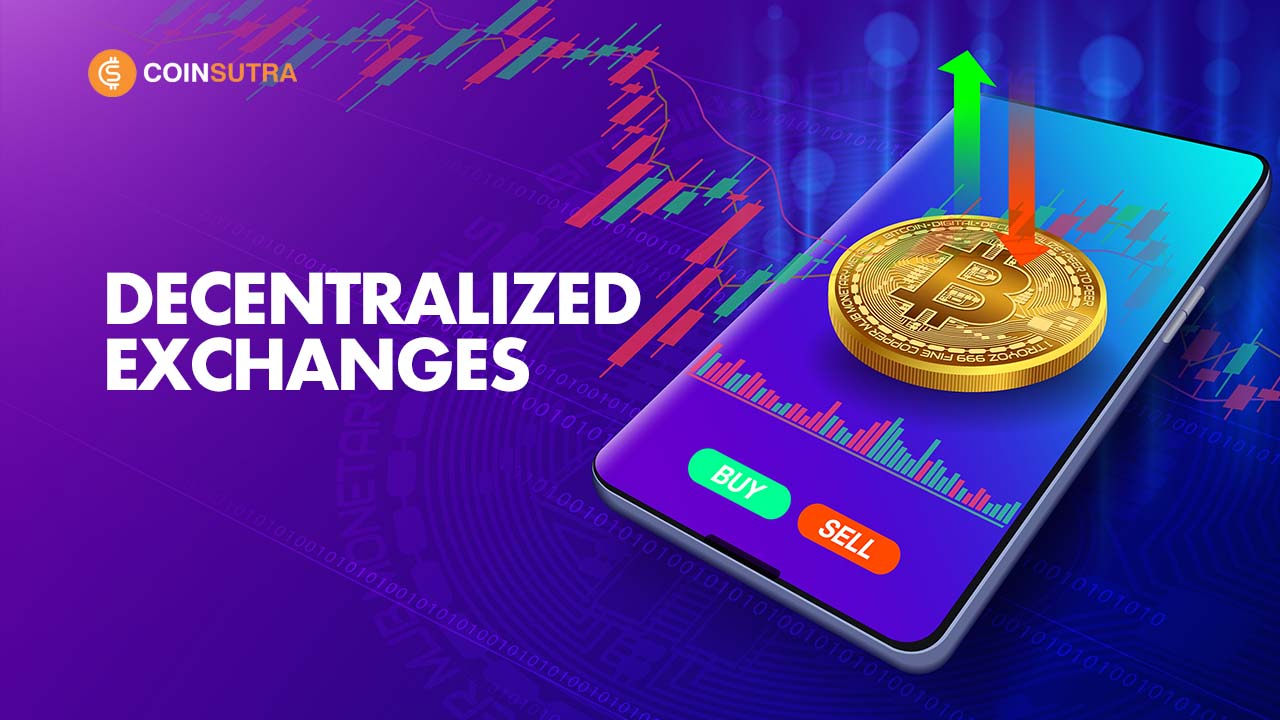
La maggior parte ha letto le notizie
-
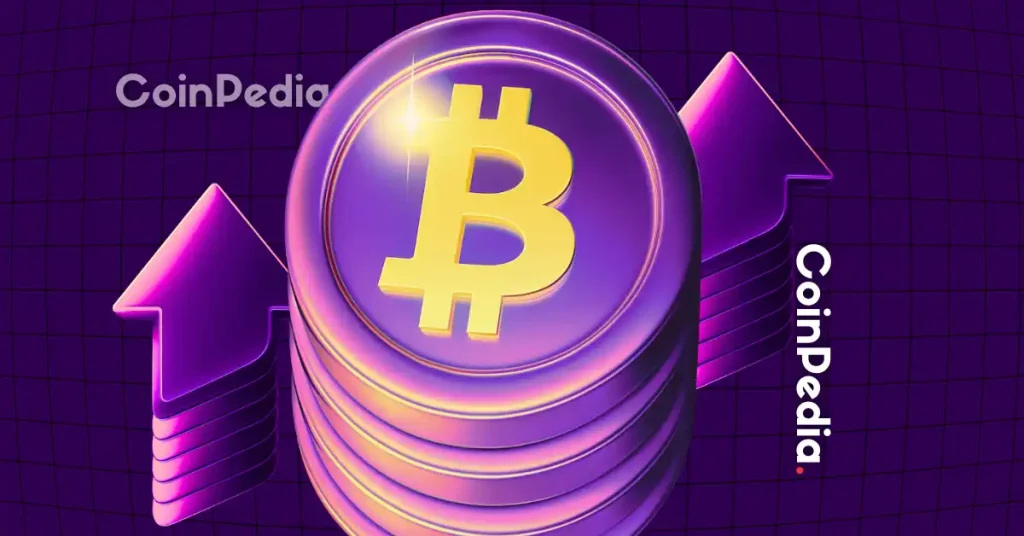 Bitcoin Whale Dumps $45M BTC for Ethereum
Bitcoin Whale Dumps $45M BTC for Ethereum
2025-08-21 -
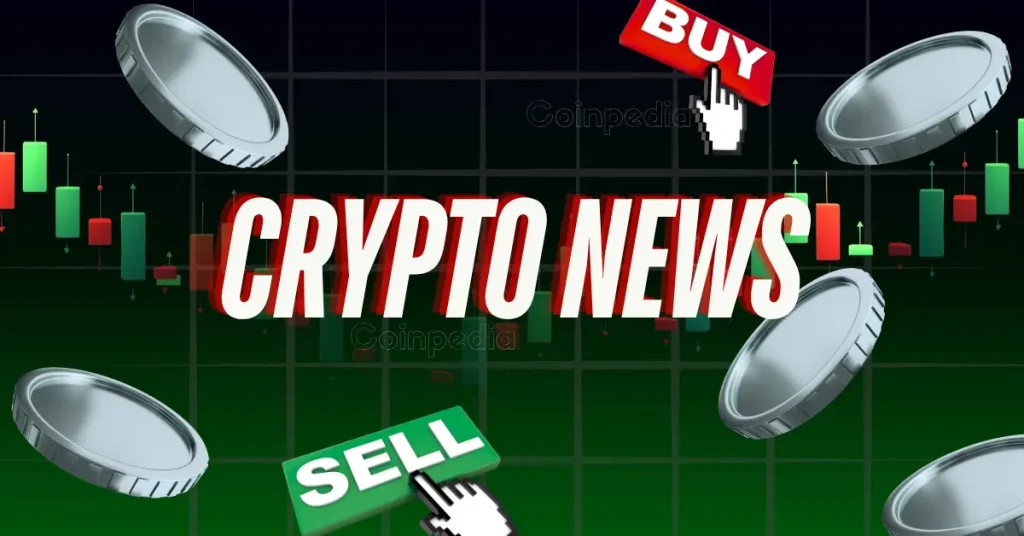 Gemini Gets MiCA License to Expand in Europe
Gemini Gets MiCA License to Expand in Europe
2025-08-21
